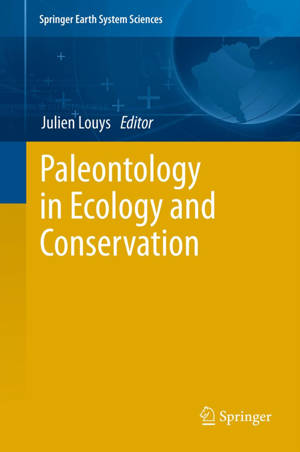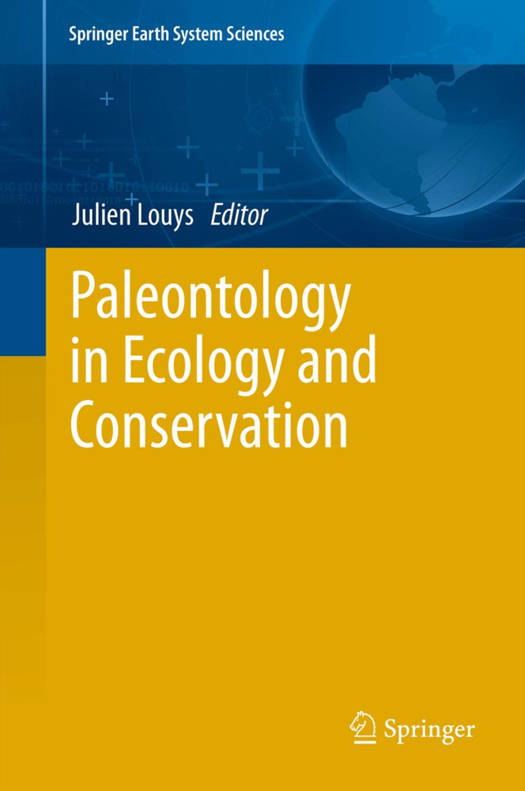
- Afhalen na 1 uur in een winkel met voorraad
- Gratis thuislevering in België vanaf € 30
- Ruim aanbod met 7 miljoen producten
- Afhalen na 1 uur in een winkel met voorraad
- Gratis thuislevering in België vanaf € 30
- Ruim aanbod met 7 miljoen producten
Zoeken
Paleontology in Ecology and Conservation
€ 105,45
+ 210 punten
Omschrijving
The fossil record contains unique long-term insights into how ecosystems form and function which cannot be determined simply by examining modern systems. It also provides a record of endangered species through time, which allow us to make conservation decisions based on thousands to millions of years of information. The aim of this book is to demonstrate how palaeontological data has been or could be incorporated into ecological or conservation scientific studies. This book will be written by palaeontologists for modern ecologists and conservation scientists. Manuscripts will fall into one (or a combination) of four broad categories: case studies, review articles, practical considerations and future directions. This book will serve as both a 'how to guide' and provide the current state of knowledge for this type of research. It will highlight the unique and critical insights that can be gained by the inclusion of palaeontological data into modern ecological or conservation studies.
Specificaties
Betrokkenen
- Uitgeverij:
Inhoud
- Aantal bladzijden:
- 274
- Taal:
- Engels
- Reeks:
Eigenschappen
- Productcode (EAN):
- 9783642250378
- Verschijningsdatum:
- 26/04/2012
- Uitvoering:
- Hardcover
- Formaat:
- Genaaid
- Afmetingen:
- 163 mm x 236 mm
- Gewicht:
- 566 g

Alleen bij Standaard Boekhandel
+ 210 punten op je klantenkaart van Standaard Boekhandel
Beoordelingen
We publiceren alleen reviews die voldoen aan de voorwaarden voor reviews. Bekijk onze voorwaarden voor reviews.










